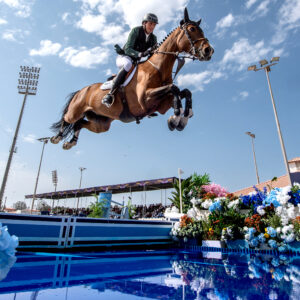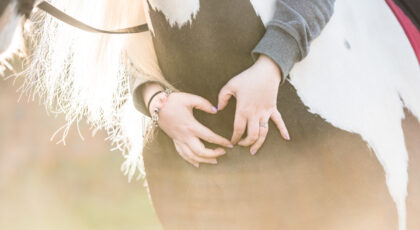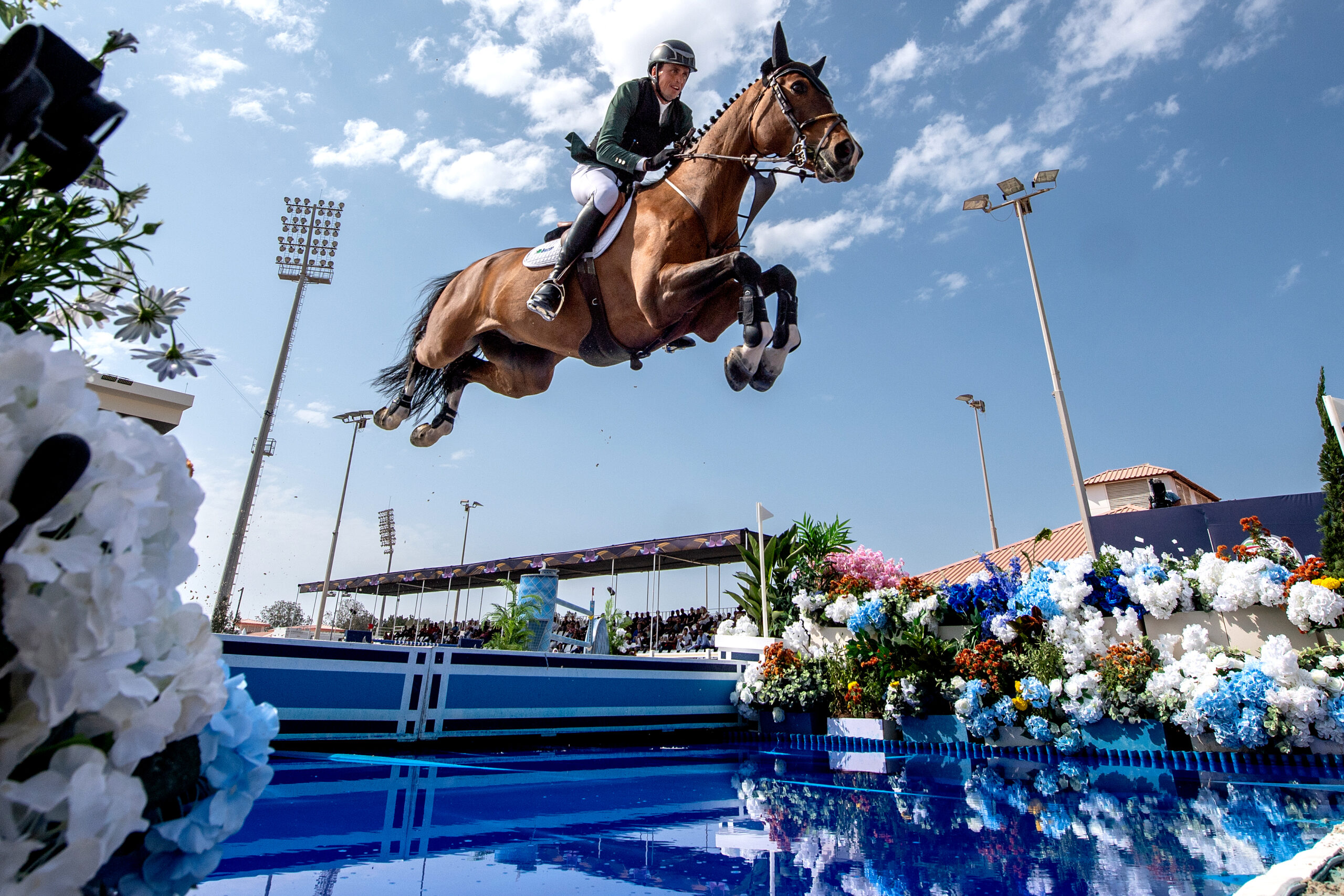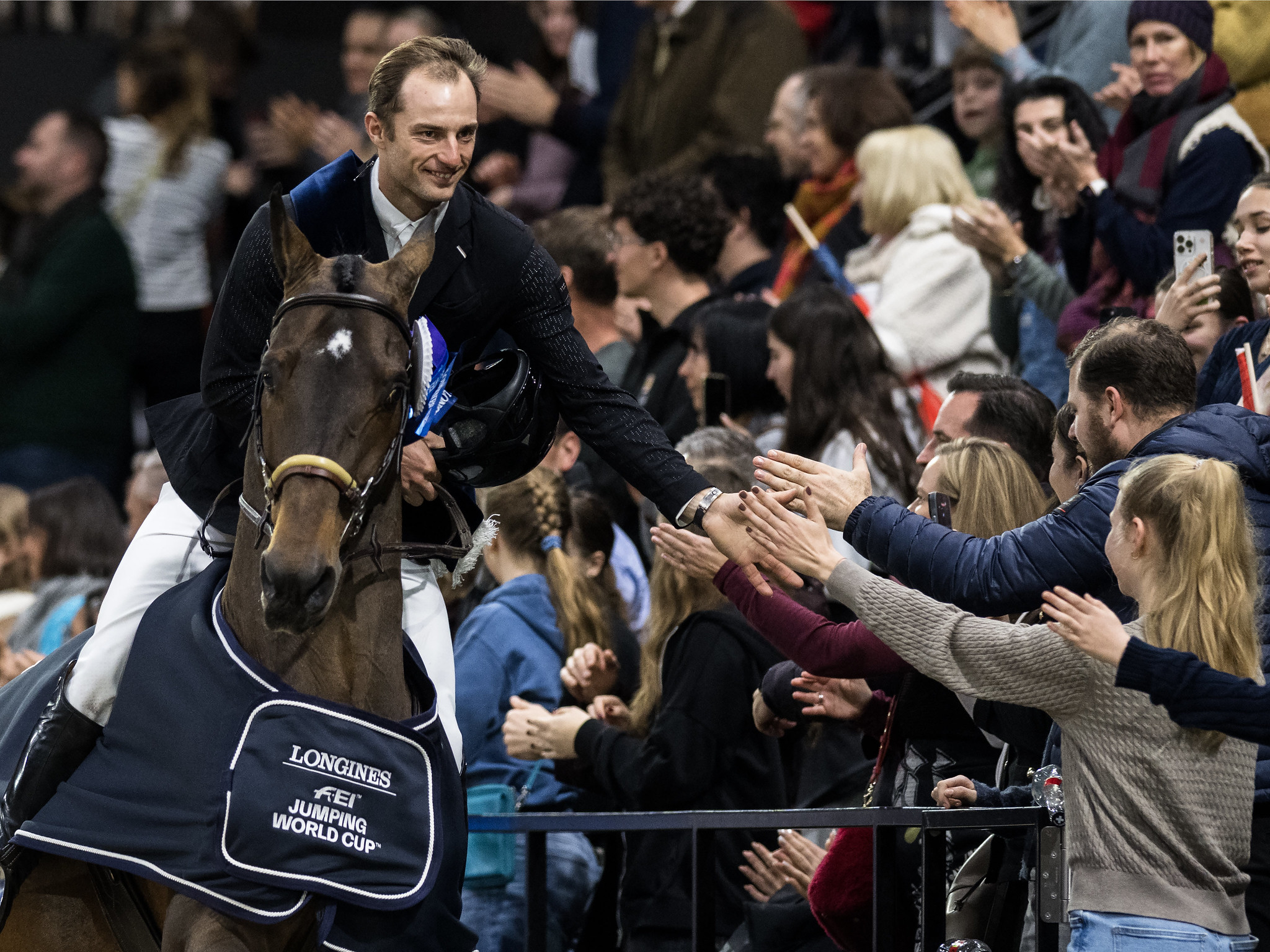It’s an Olympic year, and boy oh boy do I love the Games!
From July 26–August 11, 2024, you best believe I’ll be shirking my duties to watch the world’s greatest athletes do what they do best.
And because I love the Games so much, I’ll be shifting my focus from random horse facts to random Olympic facts, at least until August 12.
I feel I should start my Olympic journey at the beginning because that seems the most reasonable thing to do. Cast your minds back 2,800 years.
Brief Olympic History
The trick with Olympic history is that it gets heavily entangled with Greek mythology, which is understandable but also confusing.
From what we mere mortals can ascertain the Ancient Olympics started either in or before 776 BC and were held in Olympia. Though we have no idea why or when the first Games took place, we do know that the Olympics were celebrated in honor of the Greek god Zeus and were religious in nature.
And interestingly, an Olympiad is a period of four years, which is uncoincidentally, how often the Olympics are held. I feel like I should have known that, alas I did not.
Four Ancient Olympic Athlete Facts
- If you were an Olympian some 3,000 years ago, you would have displayed your athletic prowess in the nude, which means you would be displaying a little more than your athleticism.
- And when I say you, I mean men because not only were women not allowed to compete, they were also not allowed to watch. Was it due to gruesomeness or nakedness? Hard to know.
- Wrestlers and pankration (mixed martial arts) did so with their naked bodies covered in olive oil. Great for getting a tan.
- Boxers were encouraged not to punch their opponents in their dangly bits. Fair.
A Few Ancient Olympic Facts
- Originally, the Ancient Games were a one-day event. But as sports were added and the popularity of the Games grew, they were expanded to five days. Today, they span over two weeks.
- The criteria for entering the Games as an athlete were simple. 1) Be male. 2) Be Greek. 3) Be free. It didn’t matter if you were a farmer or of royalty; if you met the requirements, you were in.
- Athletes competed in running, wrestling, boxing, pankration, pentathlon and last but certainly not least, chariot racing.
- The only way women were allowed to be present at the Games was if they owned a team of chariot racers and/or were virgins, but more on that next week.
- On the third day of the Olympics, and cunningly timed to coincide with the full moon, 100 cows were sacrificed to Zeus. Once Zeus was satisfied it was a 24/7 BBQ for everyone else.
- The Games were, for all intents and purposes, a religious festival and a great excuse for close to 40,000 Greeks to travel from far and wide to gather under the guise of God and/or Gods to watch sports and/or to sell their wares outside the stadium. It was also the ideal time to see and be seen.
- The Games were so popular that in 480 BC when the Greeks desperately needed to put together an army to fight against the invading Persians, the recruitment team had to wait as most of the Greek men, undaunted by invasion, wanted to go to the Olympics. As such, army recruitment was put on hold until after the Olympics had come and gone.
- Back in the day, there was only one winner, which meant everyone else was considered a loser. The “Olympionic” was immediately awarded with a palm leaf and a piece of red wool tied around his head and hands. The official prize ceremony was held on the last day at the Temple of Zeus at which time he was presented with an olive branch crown.
- Once home a victorious athlete was treated as a hero and allowed to erect a statue of himself in their town. Wouldn’t that be a treat?
- After the Romans conquered Greece in 146 BC a decline in the Games began and by 393AD, after more than 1,000 years of Olympic fun, it all came to a screeching halt. Why? Because Emperor Theodosius said so. And for close to 1,500 years the world was void of the Olympics. That was until…
I’ll leave you here for now with that cliffhanger.
I will say, that despite the obvious differences between the Ancient and Modern Games, the sheer excitement of sport and the coming togetherness remains unchanged, which is an amazing thing.
Next week I will bring horses back into the fold in the form of chariot racing.
Source:


 March 5, 2024
March 5, 2024 



























